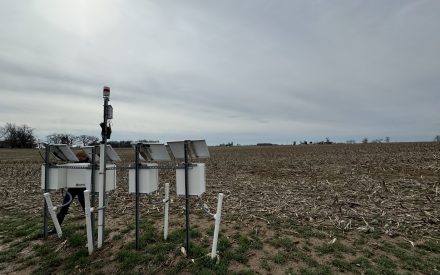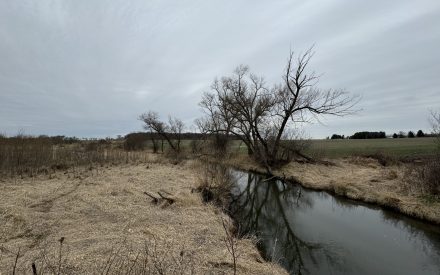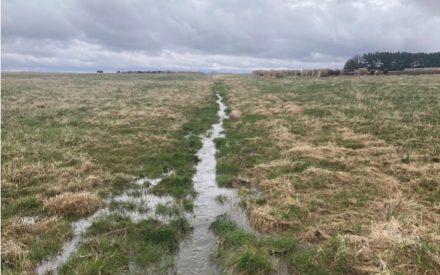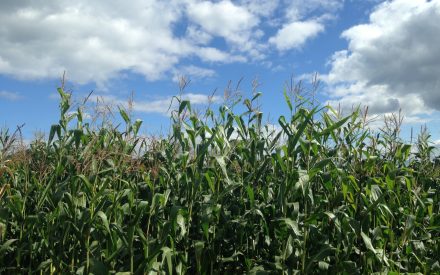Professionals working with farmers to increase the adoption of water quality practices will benefit from insights provided by new social science research. Placing management recommendations into a social, psychological and economic context can help professionals customize communication to farmers to address their barriers and motivations to adopting practices.
Recent research by Bret Shaw, Associate Professor in the Department of Life Sciences Communication and Communication Specialist for the Division of Extension at UW-Madison, and his colleagues in Pepin County reveal important insights about farmers’ attitudes and behavior toward adopting practices that reduce nitrates in groundwater.
Questions addressed in the research included:
- What practices are farmers using and how receptive are they to new ones?
- What benefits make specific practices attractive to farmers?
- What are barriers to adopting these practices?
- Who do farmers trust to provide them information?
- How do social norms influence adoption of practices?
Understanding these dynamics and the variation in these factors is critical to creating educational programming that addresses farmers’ concerns about and motivations for adopting farming practices to protect water quality. Many conservation professionals conducting outreach and providing technical assistance understand that simply filling a perceived knowledge deficit alone is not sufficient to motivate farmer behavior change.
Three key influencers of farmer behavior include:
- Attitudes
- Social Norms
- Expectations about adopting new agricultural practices
Social science researchers like Shaw and others provide critical research-informed insights to professionals aiming to create programming that influences the adoption of agricultural practices that can protect water quality.
Read the findings in the fact sheet summarizing the research here.





